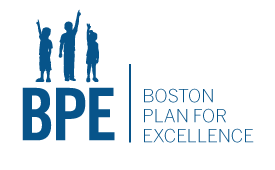Dudley Street School Is Now a Tier 1 School
 We are proud to share that Dudley Street Neighborhood Charter School recently received a Boston Public Schools School Quality Framework Tier 1 designation. In fact, the school moved from the lowest designation, Tier 4, to Tier 1 in just four years.
We are proud to share that Dudley Street Neighborhood Charter School recently received a Boston Public Schools School Quality Framework Tier 1 designation. In fact, the school moved from the lowest designation, Tier 4, to Tier 1 in just four years.
Boston Public Schools devised the School Quality Framework (SQF) to guide parents and families as they select the best schooling option for their child. In this model, schools receive a score from 0-100 based on measurements in five areas: student performance, teaching and learning; family, community, and culture; leadership; and collaboration. Learn more about the School Quality Framework.
To what can we attribute the rapid 3-tier jump?
- Boston Plan for Excellence has invested deeply in the school by ensuring a very low student to adult ratio and by funding important positions such as two reading specialists. In the last few years, the school has adopted new math and reading curricula, as well as new school-wide assessments. The faculty has also worked to deepen their understanding of the science of reading and to apply it to their teaching.
- The SQF weighs the student growth metric heavily, and Dudley Street’s attention to personalized learning and student support has led to strong achievements in this area. In school year 2022-23 the lowest performing students showed strong growth on the ELA and Math MCAS . English Language Learners ACCESS test score improvement rose significantly.
Dudley Street has a strong and collaborative leader in Principal Elijah Heckstall. Over the last two years, the school boasts a teacher retention rate of 97%, quite remarkable given the challenges of the pandemic and the ongoing national teacher shortage. Dudley Street staff report that they feel supported and recognized by Heckstall and the leadership team. All staff contribute to the direction of the school, playing significant roles to run and improve the school. - Families rate the school highly on family-school communication, school climate, and school fit. The school has created a welcoming environment for families and communicates frequently with them.
Any school rating model has its limitations, and families seeking to understand the strengths and weaknesses of a school should consider several frameworks and data points. The Department of Elementary and Secondary Education’s school accountability system is another set of data to consider. The BPS School Quality Framework differs from DESE’s school classification and accountability metrics in a few key ways. First, the SQF considers factors beyond MCAS standardized test scores. 75% of the SQF score is based on student performance on state standardized tests, but 25% considers teaching and learning conditions, including factors such as rigorous curriculum, effective teaching, teacher diversity, stable teaching force, supported teachers, school leadership and collaboration, and school climate and culture. In contrast, for elementary schools, the DESE framework primarily focuses on student performance on state tests and chronic absenteeism. Moreover, while both frameworks place the vast majority of weight on student performance, the SQF focuses much more than DESE on growth rather than achievement. DESE weighs achievement to growth 3:1; the SQF does almost the opposite.
We at BPE are happy to see the hard work of Dudley Street School leadership and staff, and the academic success of students, recognized by this designation. We are further inspired to accelerate and improve outcomes for our students and we remain committed to our whole-child approach to learning and our mission to provide Roxbury families with a world-class education.



Leave a Reply
Want to join the discussion?Feel free to contribute!